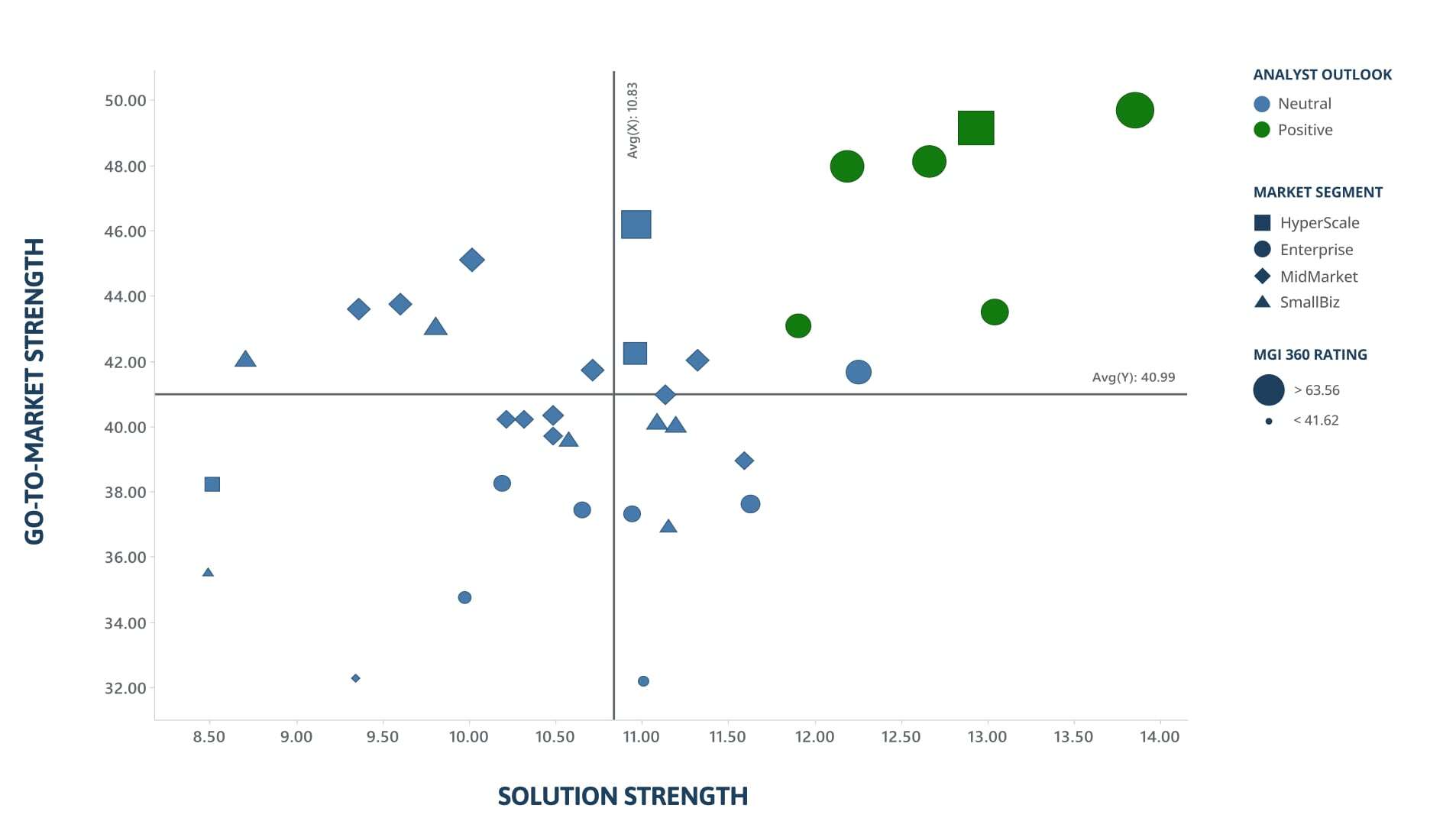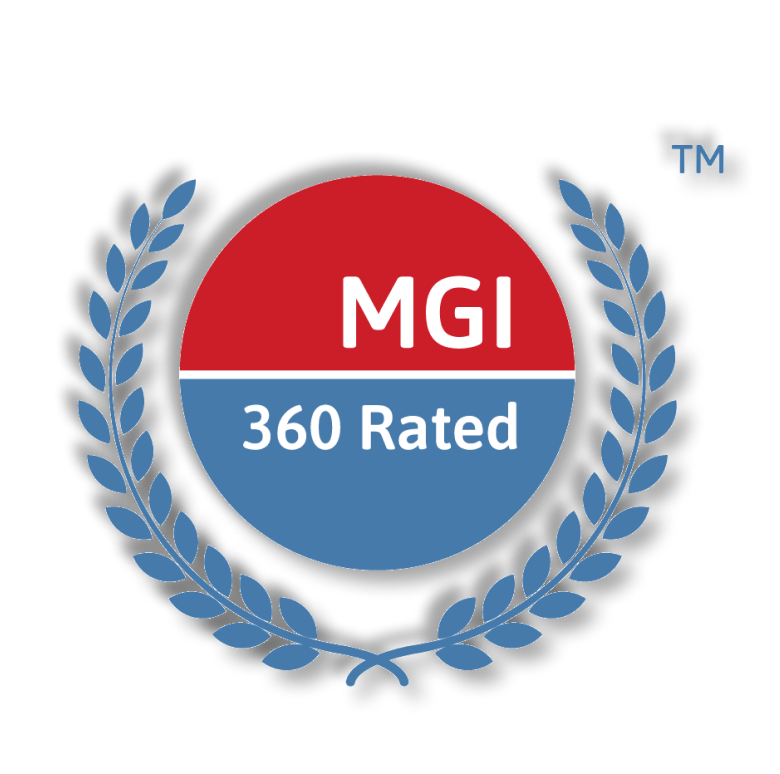Summary: We update the MGI 360 Rating of Stax Bill in the Agile Billing market to 50 with a NEUTRAL analyst outlook. Stax Bill (formerly Fusebill, which was acquired by Stax Payments) aims to fill the functionality gap between entry-level B2C billing options like Stripe and more enterprise-oriented solutions like Gotransverse, Zuora and BillingPlatform at a very competitive price and with higher agility and with options for supporting B2B customers as well. In this context it competes with companies like Chargebee, Maxio and Recurly. Stax Bill handles modern business models (i.e., subscription, recurring, and the application of usage charges). The product has additional capabilities including a payment gateway, analytics, revenue recognition, customer hierarchy support, collections, self-service portal and expanded integrations with Salesforce, HubSpot, Oracle NetSuite, Intuit Quickbooks, and Avalara. The acquisition of FuseBill by Stax and creation of Stax Bill has generated some questions about the long-term commitment to R&D investment and retention of technical talent as well as continued ability to manage payments independently from Stax Payments. So far, the integration between the two companies has largely gone smoothly – in part due to the continued relative independence of the former Fusebill team. Customer reviews specific to Stax Bill continue to be mostly positive. The company has ongoing development targets in improving its global use case support and tax management as well as giving its key integrations more depth.
Get the report to find out where the Agile Billing Top 50 fall on the chart below.

Competitors: Chargebee, ChargeOver, Cheddar, Juston, Maxio, Oracle NetSuite

